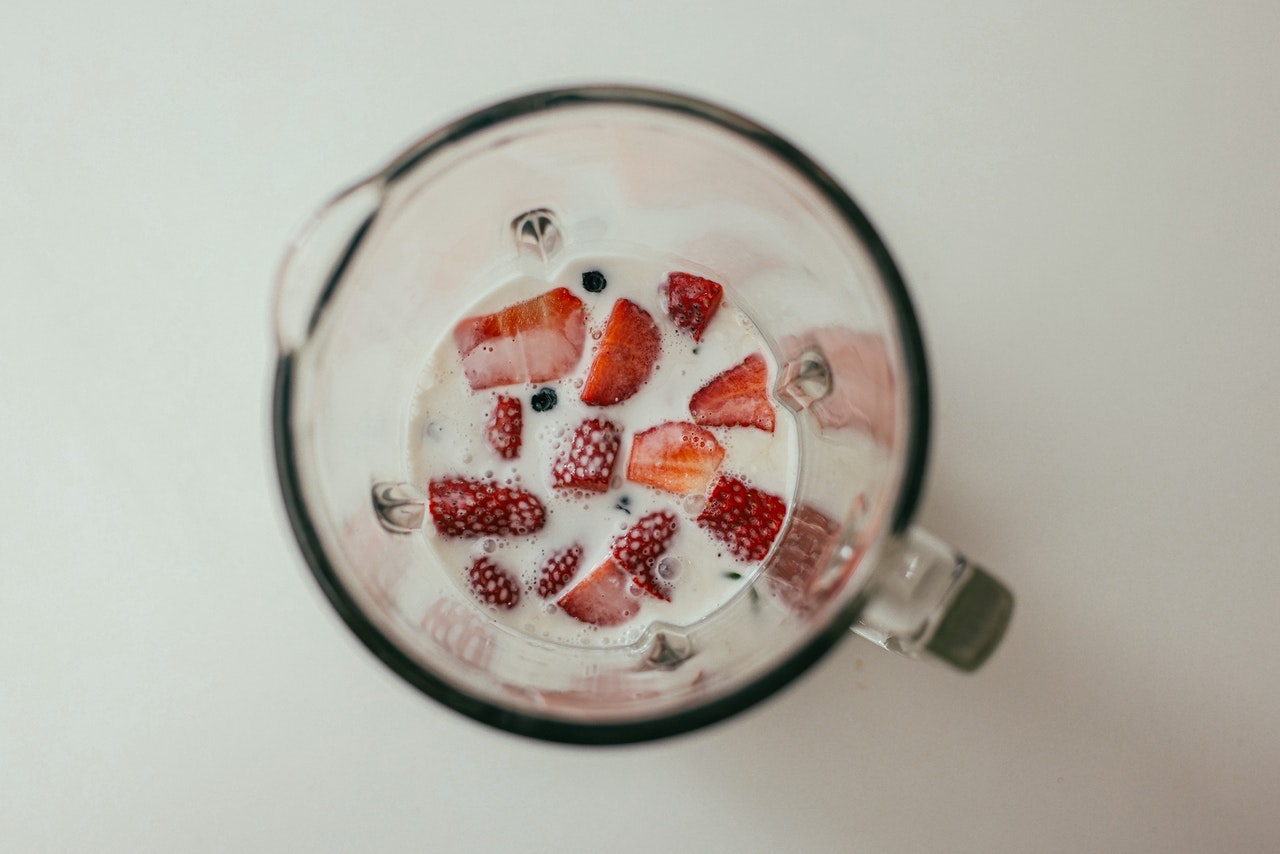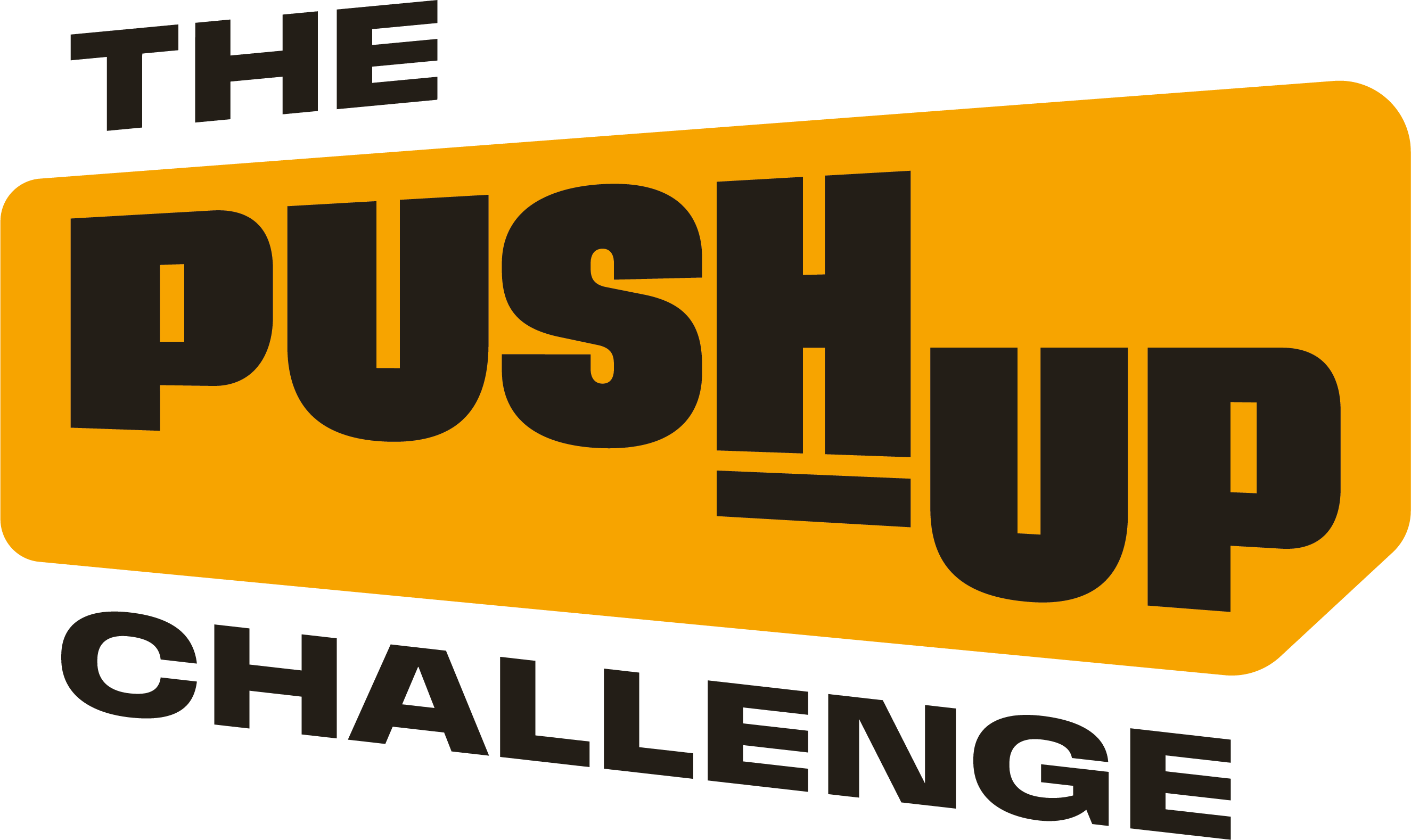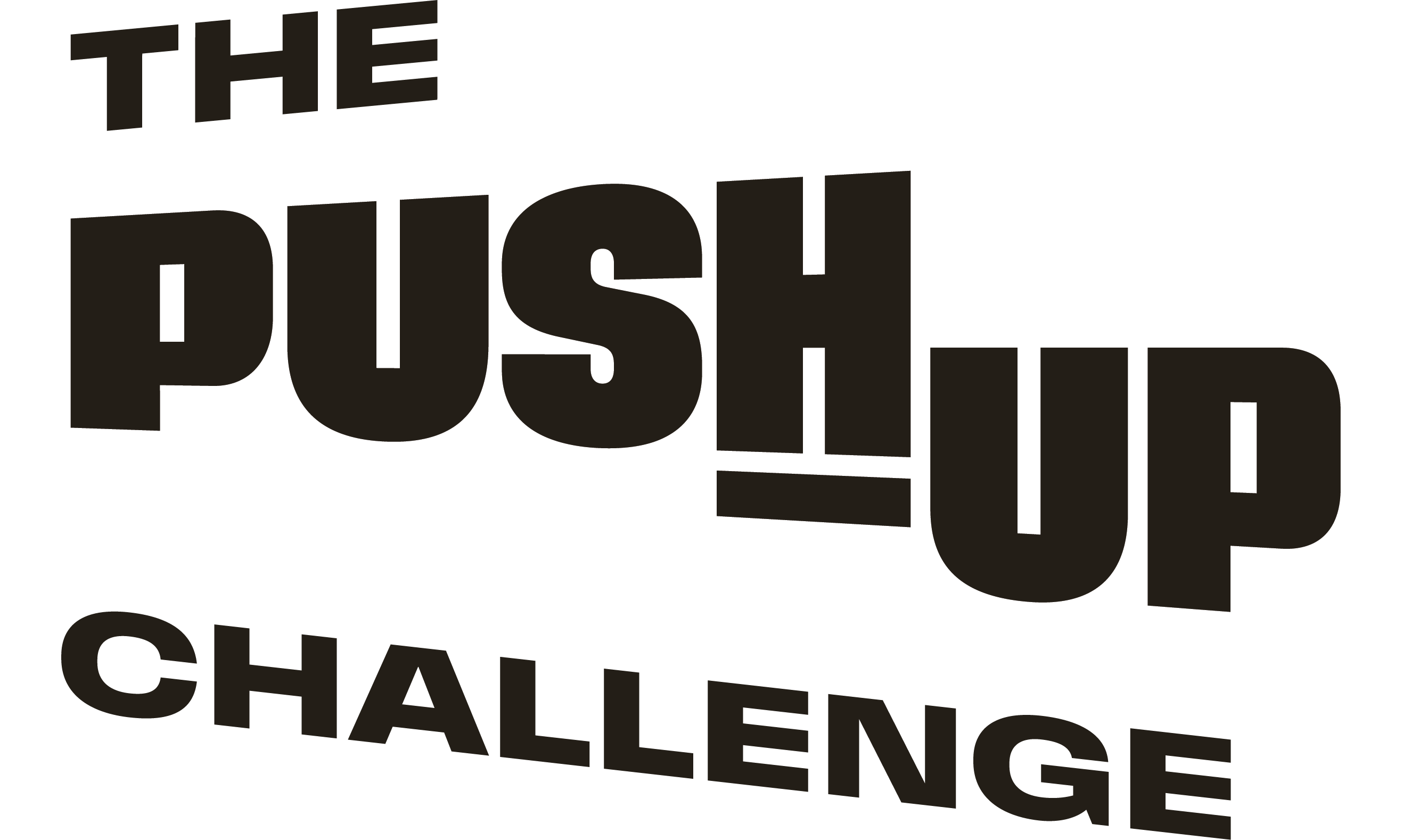Getting started
Meal prepping not only saves you time and money, but it’s a great way to ensure youalways have a nutritious meal on hand. My advice is to set aside a quiet day such as
Sunday to cook two or three nutritionally balanced and freezer-friendly meals, which you
can have on rotation during the week.
I like to roast a heap of colourful veggies which I mix and match with some low GI wholegrains such as brown rice, pulse pasta or quinoa along with lean protein like tofu, poached chicken breast or grilled salmon.

Foods to eat for endurance and pre-workout
Studies (1) show that eating a complete meal containing carbs, protein and fat 2-3 hourspre-workout can aid increased strength and lean body mass as well as muscle
performance and recovery.
If you’re exercising in the next 3 hours, then opt for something heavier like an omelette with whole grain toast and avocado, however if your workout starts within two hours a protein shake with mixed berries and banana is a better option (2).

Post-workout foods to eat for recovery
To aid muscle recovery, build lean muscle and get you ready for your next workout, I would recommend consuming foods which are packed with micronutrients (3) such as sweet potatoes, berries, chia seeds plus healthy fats like nut butters, flaxseeds, and avocado oil as well as quality sources of protein such as salmon, tuna, eggs, tofu or lean turkey and chicken. For more endurance-based activities that last longer than an hour, I would recommend a higher carbohydrate meal for sustained energy, so add in an extra serving of low GI carbs to your meal. The ideal time to enjoy a post workout snack such as a protein bar, is around 45 minutes after your work out. To support hydration and replenish any sodium and potassium lost in your sweat, ensure you drink plenty of water.

What to eat on the challenge days
Start with wholesome dinners such as wholemeal pasta or brown rice, roasted veggies and some grilled fish or lean chicken. In the morning have a big breakfast two hours before you start such as a mushroom and spinach omelette with wholegrain toast and avocado. Drink plenty of fluids too. Thirty minutes before you start your push-ups, enjoy a power snack such as a protein bar or nut butter on toast. After the challenge, load up on hydration with plain water or coconut water to ensure you are replenishing all the water and minerals you may have lost during the push-ups. Also enjoy your favourite meal as you’ve earned it! Try to stick to a balanced meal of half a plate of veggies, a quarter of protein and a quarter of low GI carbs.What not to eat
Foods high in fat such as donuts, fries, chips or red meat can be difficult to digest and cause nausea during workouts (4).Beans, dried fruit, dairy and cabbage can also cause lots of gassiness making you feel bloated and heavy during the workout, so best avoid them too.
Faye James
Faye is an Accredited Nutritionist and Member of Nutrition Council Australia, follow her on Instagram @fayecelinejames
Sources:
1. Marriott BM. The Functional Effects of Carbohydrate and Energy Underconsumption. Not Eating Enough: Overcoming Underconsumption of Military Operational Rations. Washington, D.C.: National Academy Press; 1995.
2. Ormsbee MJ, Bach CW, Baur DA. Pre-exercise nutrition: the role of macronutrients, modified starches and supplements on metabolism and endurance performance. Nutrients. 2014;6(5):1782–1808. Published 2014 Apr 29. doi:10.3390/nu6051782
3. Yalçın T, Al A, Rakıcıoğlu N. The effects of meal glycemic load on blood glucose levels of adults with different body mass indexes. Indian J Endocrinol Metab. 2017;21(1):71–75. doi:10.4103/2230-8210.195995
4. Grundy MM, Edwards CH, Mackie AR, Gidley MJ, Butterworth PJ, Ellis PR. Re-evaluation of the mechanisms of dietary fibre and implications for macronutrient bioaccessibility, digestion and postprandial metabolism. Br J Nutr. 2016;116(5):816–833. doi:10.1017/S0007114516002610




